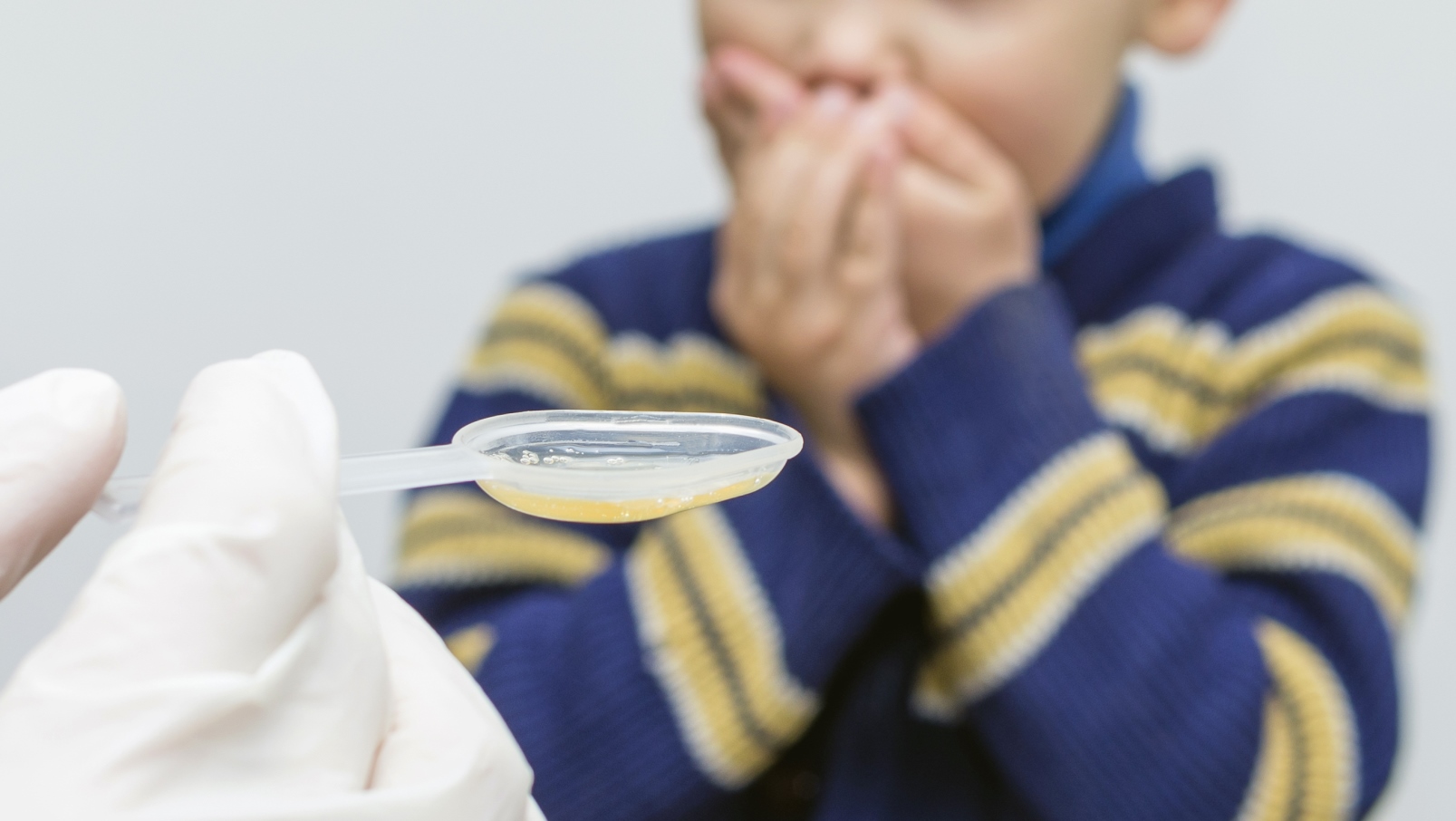As humanity approaches the post-antibiotic era – when antibiotics will no longer be effective and even minor contaminations will threaten our lives and crops – research at the Technion-Israel Institute of Technology suggests that a compound of metals and organic acids could be an effective alternative to antibiotics.
The findings by a team of biochemists led by Assistant Prof. Oded Lewinson in the Technion’s Rappaport Faculty of Medicine were recently published in Scientific Reports.
Numerous alternatives to antibiotics already are being tested by researchers around the world. Two substances of interest are metals such as silver, zinc, and copper (which were used in ancient Egypt and Greece for treating infection and purifying water sources), and organic acids such as those used as food preservatives.
Lewinson and his team — graduate student Daniel Zhitnitsky and post-doctorate Jessica Rose — mixed organic acids and metals together at a low concentration, and found that the combination is extremely effective in eradicating pathogenic bacteria such as cholera, salmonella and pseudomonas, as well as bacteria that attack crops such as tomatoes, melons and apples.
“Combining these two types of substances is far more effective than using each one separately,” said Lewinson. “Called ‘synergistic inhibition,’ the combination enables the use of extremely low concentrations of metals and food acids for preserving food and spraying crops.”
He added that the ability to lower the concentration of these substances would have significant positive implications for the environment and human health.
Fighting for Israel's truth
We cover what makes life in Israel so special — it's people. A non-profit organization, ISRAEL21c's team of journalists are committed to telling stories that humanize Israelis and show their positive impact on our world. You can bring these stories to life by making a donation of $6/month.








